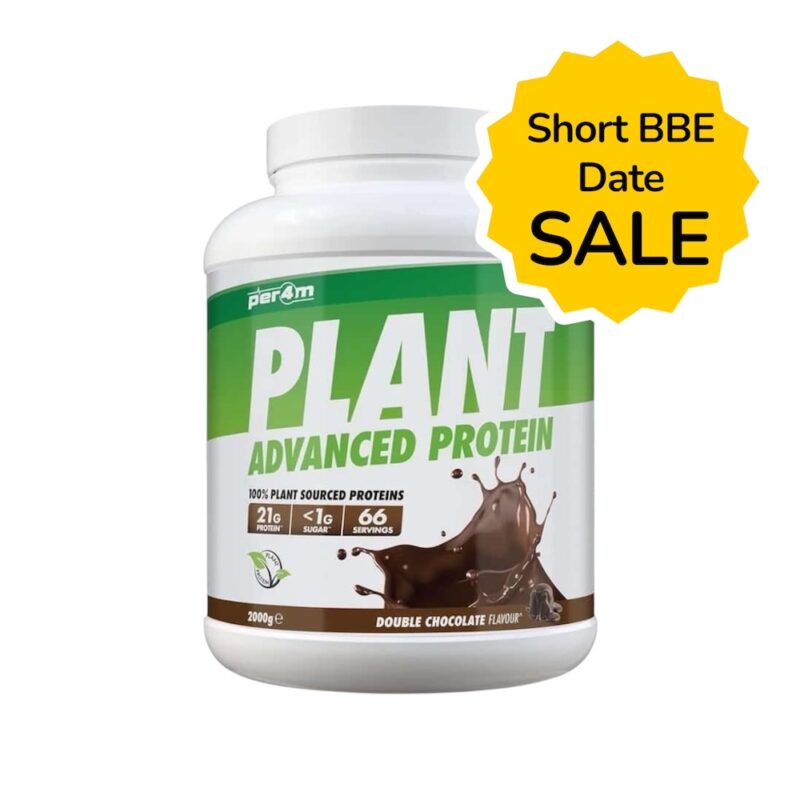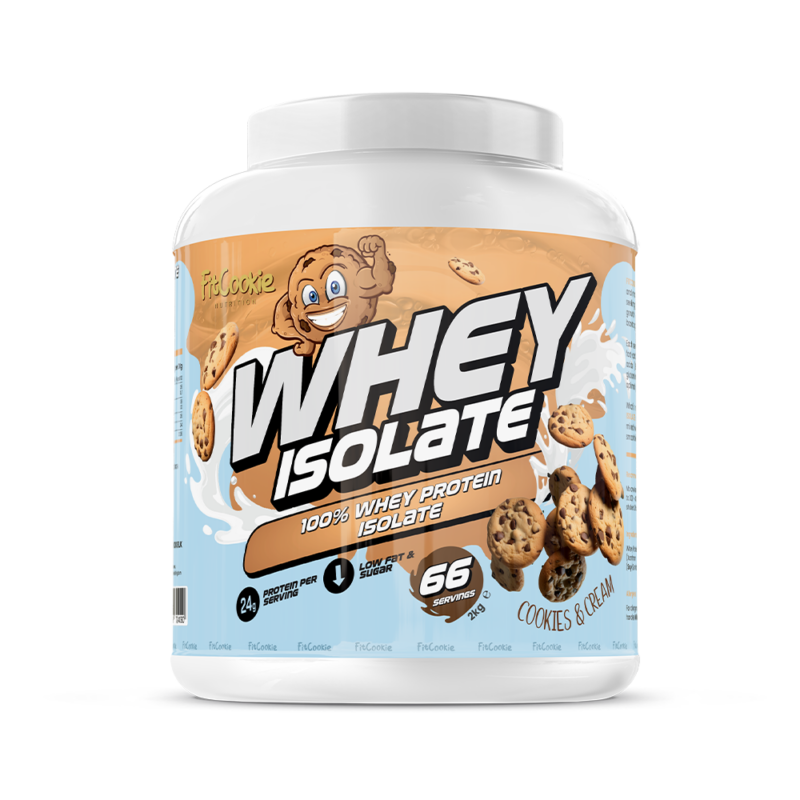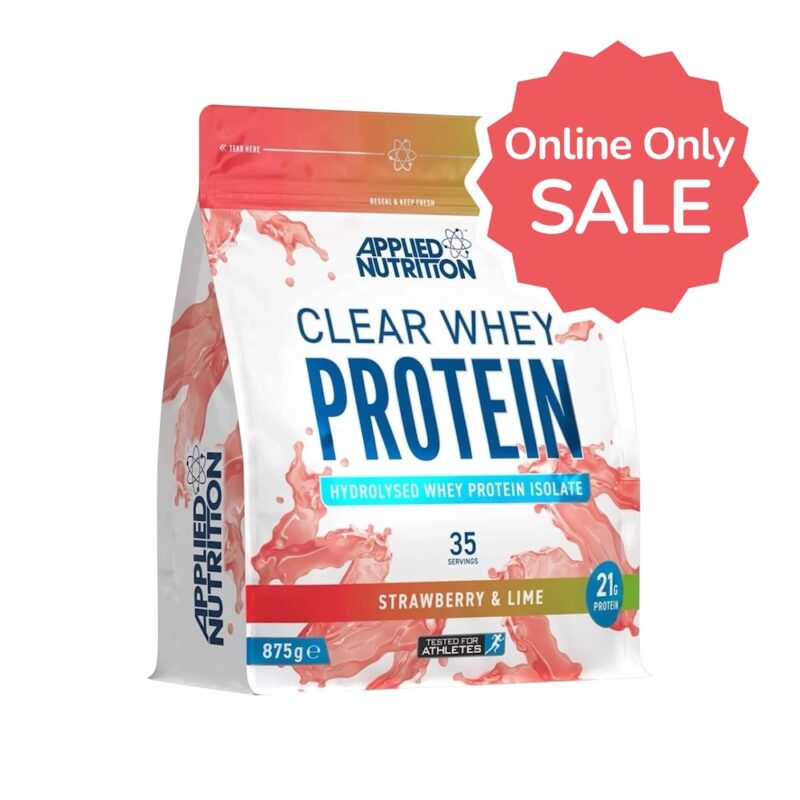Deciding between plant-based and whey protein can feel a bit like choosing your favourite superhero—each has its unique strengths and devoted followers. Whether you’re aiming to maximise your muscle growth, mindful of the environmental footprint, or simply seeking the best taste and value for money, understanding the differences between these protein sources is crucial. In this article, we’ll explore their nutritional profiles, how efficiently your body absorbs them, their sustainability, health benefits and risks, cost considerations, and culinary versatility. Join us as we break down the essentials to help you determine which protein powerhouse is the perfect fit for your lifestyle and fitness goals.
- Nutritional Profile Comparison
- Digestibility and Absorption Rates
- Environmental Impact and Sustainability
- Exploring the Health Pros and Cons of Plant-Based and Whey Proteins
- Cost and Accessibility
- Taste, Texture, and Culinary Uses
Nutritional Profile Comparison
When choosing between plant-based protein and whey protein, understanding their nutritional profiles is crucial for aligning with your health and fitness goals. Below is a detailed comparison highlighting key nutrients that can influence your decision.
Nutrient | Plant-Based Protein (per 30g serving) | Whey Protein (per 30g serving) |
|---|---|---|
Protein Content | 20g | 24g |
Amino Acid Profile | Rich in branched-chain amino acids (BCAAs), but lower in methionine | Complete profile with all essential amino acids, including higher leucine content |
Vitamins | Contains B vitamins and vitamin E | Typically fortified with vitamins B6 and B12 |
Minerals | Higher in iron and magnesium | Higher in calcium and phosphorus |
Digestibility | Contains fiber which aids digestion | Typically fast-digesting, optimal for post-workout |
The table clearly shows that while whey protein offers a higher protein content and a complete essential amino acid profile, plant-based protein stands out with its rich vitamin and mineral content, as well as beneficial fiber. Your choice should depend on whether you prioritise muscle recovery and protein efficiency or seek a more holistic nutritional intake with additional micronutrients.
Digestibility and Absorption Rates
Choosing between plant-based protein and whey protein often comes down to their digestibility and absorption rates. Whey protein is celebrated for its rapid absorption, making it a favourite for post-workout recovery. On the flip side, plant proteins may digest more slowly due to the presence of anti-nutrients, which can affect overall bioavailability.
- Bioavailability Factors: Whey protein generally offers higher bioavailability, meaning your body can utilize more of the protein consumed. This is partly because it lacks anti-nutrients that are common in plant sources.
- Absorption Speed: The rapid absorption rate of whey protein ensures quick delivery of amino acids to muscles, enhancing recovery and growth. In contrast, plant-based proteins may release amino acids more gradually.
- Digestive Components: Many plant proteins contain fiber and other compounds that can slow down digestion, potentially reducing the efficiency of protein uptake compared to whey protein.
Research indicates that while whey protein provides a swift amino acid influx suitable for immediate muscle repair, plant-based proteins can still effectively support muscle development when intake is adequately managed. Balancing the absorption rates with your dietary needs and training schedule is key to maximizing protein synthesis and achieving your fitness goals.
Environmental Impact and Sustainability
When you examine the environmental footprint of plant-based proteins versus whey protein, the advantages of going plant-based become strikingly clear. Plant-based production significantly reduces carbon emissions, consumes less water, and requires minimal land compared to the dairy-dependent processes needed for whey protein. For instance, producing a kilogram of whey protein can generate up to three times more greenhouse gases than its plant-based alternatives.
Moreover, the sustainability of plant-based proteins extends beyond just lower resource usage. Cultivating sources like pea, soy, and hemp not only conserves water but also minimizes deforestation and reduces soil degradation. This means that choosing plant-based proteins supports better resource management and fosters a healthier planet. By opting for sustainable protein sources, you’re not only meeting your nutritional needs but also making a positive impact on the environment.
Exploring the Health Pros and Cons of Plant-Based and Whey Proteins
When diving into the world of protein supplements, understanding the distinct health benefits and potential risks of plant-based versus whey protein is crucial. Plant-based proteins are champions for heart health and digestive support thanks to their high fiber content and absence of saturated fats. They’re perfect for those who want a cleaner, more sustainable option without compromising their nutritional intake. However, some might find them lacking in certain essential amino acids, which are vital for muscle building.
On the flip side, whey protein is the go-to for anyone serious about muscle growth and recovery. It’s a complete protein, meaning it delivers all the necessary amino acids your body needs to repair and build muscle tissue efficiently. Additionally, whey has been linked to enhanced immune function due to its rich glutathione content. But beware—those with lactose intolerance or dairy allergies might face unwanted side effects.
- Muscle Building: Whey protein stands out for its ability to rapidly support muscle growth and recovery.
- Heart Health: Plant-based proteins contribute to a healthier heart by reducing saturated fat intake.
- Digestive Support: The high fiber in plant proteins promotes a balanced and efficient digestive system.
Ultimately, your choice between plant-based and whey protein should align with your personal health goals and dietary needs. If you’re aiming for peak muscle performance, whey might be your best bet. However, if you prioritise heart health and a digestive-friendly diet, plant-based proteins could be the way to go.
Cost and Accessibility
When weighing your protein options, cost and accessibility play pivotal roles. Generally, whey protein tends to be more affordable compared to plant-based alternatives, largely due to established production processes and economies of scale. However, prices can vary significantly based on the brand, quality, and specific ingredients used.
The pricing disparities stem from factors like sourcing and processing methods. Whey protein is derived from dairy, benefiting from established supply chains and lower production costs. In contrast, plant-based proteins often involve more intricate extraction processes and sourcing from diverse ingredients, which can drive up the price. Additionally, regional availability affects accessibility; urban areas in the UK typically offer a broader range of both protein types, whereas rural regions might have limited options, especially for specialized plant-based products.
Taste, Texture, and Culinary Uses
When it comes to taste and texture, plant-based protein and whey protein offer distinct experiences in the kitchen. Whey protein is renowned for its smooth texture and subtle flavour, making it a favourite for creating creamy shakes and protein-rich desserts. On the other hand, plant-based protein can vary widely depending on the source, from the mild taste of pea protein to the nuttier flavour of hemp protein, adding unique layers to your meals.
Incorporating these proteins into daily meals can elevate your culinary game:
- Whey Protein: Perfect for mixing into smoothies, blending into pancake batters, or stirring into oatmeal for a protein boost without altering the taste significantly.
- Plant-Based Protein: Ideal for adding to baked goods like muffins and energy bars, enhancing the texture of soups and stews, or blending into savoury dishes for an extra protein kick.
To enhance flavour and consistency, consider these tips:
- For whey protein, use cold liquids to prevent clumping and achieve a smoother blend.
- For plant-based protein, experiment with different flavours and spices to complement the natural taste, and use a high-speed blender to achieve a creamy texture.
By understanding the unique sensory attributes of each protein type, you can creatively incorporate them into your meals, ensuring both nutritional value and delightful flavours in every bite.
Frequently Asked Questions
When is the optimal time to consume plant-based or whey protein supplements?
The optimal time to consume protein supplements depends on your fitness goals and daily routine. Whey protein is often recommended post-workout due to its rapid absorption, which can aid in muscle recovery. Plant-based proteins can be consumed at any time of the day, such as in the morning to kickstart your metabolism or as a meal replacement. Additionally, both types can be taken before workouts to provide sustained energy.
Is it possible to combine plant-based and whey protein for enhanced benefits?
Yes, combining plant-based and whey protein can offer a more comprehensive amino acid profile, leveraging the strengths of both sources. This blend can enhance muscle synthesis and improve overall protein intake quality. However, it’s important to consider dietary preferences and any potential digestive sensitivities when combining different protein types.
Are there any allergies or intolerances linked to whey protein?
Whey protein is derived from milk and contains lactose, making it unsuitable for individuals with lactose intolerance or dairy allergies. Common symptoms include bloating, gas, and digestive discomfort. In such cases, plant-based proteins like pea, soy, or hemp protein can be a suitable alternative.
How do plant-based and whey proteins influence weight management?
Both plant-based and whey proteins can aid in weight management by promoting satiety and preserving lean muscle mass during weight loss. Whey protein, with its high leucine content, is particularly effective for muscle preservation. Plant-based proteins, often rich in fibre, can enhance feelings of fullness and support digestive health, contributing to overall weight management efforts.
What factors should I consider when choosing a protein supplement for my diet?
When selecting a protein supplement, consider your dietary restrictions, fitness goals, budget, and taste preferences. Assess the protein source’s amino acid profile, digestibility, and any additional ingredients like sugars or artificial flavours. Additionally, evaluate the environmental impact if sustainability is important to you. Consulting with a healthcare professional or nutritionist can also help tailor your choice to your specific needs.




